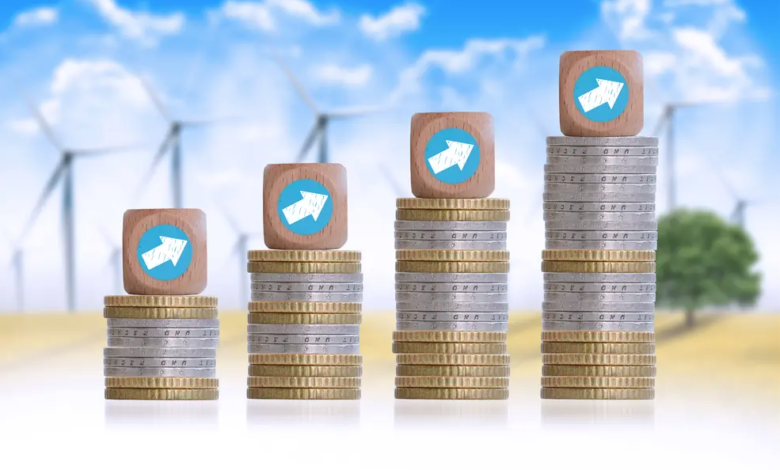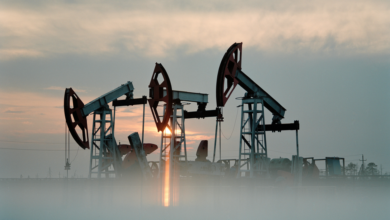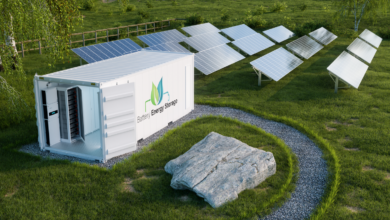“Today’s energy world is moving fast, but there is a high risk that many countries will lag behind”. This is the warning issued this morning by Fatih Birol, Executive Director of the International Energy Agency (IEA), on the occasion of the presentation of “Scaling Up Private Finance for Clean Energy in Emerging and Developing Economies”. The new report, drawn up together with the International Finance Corporation (IFC), examines how to increase private funding for renewables related operations, quantifying the investments needed in different regions and sectors to build modern and clean energy systems. Universal access to energy included.
From the document emerges a clear recommendation: investments in renewables recorded annually in emerging and developing economies will have to more than triple. From $770 billion in 2022 to $2.8 trillion by early 2030. A change of pace necessary both to satisfy the growing energy hunger and to respect the climate objectives of the Paris Agreement.
“The battle against climate change will be won in emerging and developing economies where the potential for clean energy is strong but the level of investment is far below what it should be. To address the pressing energy demands and emission reduction targets in EMDE, we need to mobilise private capital quickly and on a large scale and urgently develop more investable projects”, said IFC CEO Makhtar Diop.
But it is not enough to increase investment in renewables, it is also necessary that they are equally distributed. Currently, China represents two-thirds of the 700 billion invested in 2022. And the results speak for themselves: last year the country installed 100 GW of new photovoltaic capacity ten times more than 11 GW of all operational capacity in Africa today.
The report calls for coordinated action on four fronts to mobilise private funding on the scale and within the timescale required. Governments in emerging and developing economies “must create a favourable environment for private investment and strengthen institutions responsible for the functioning and governance of the energy sector“. In addition “significantly more soft loans will be needed to mitigate the country and project risks, improve credit quality and improve financing conditions to attract private investors to many clean energy projects”. Finally, it will be necessary to improve or even redesign the tools of green finance.






